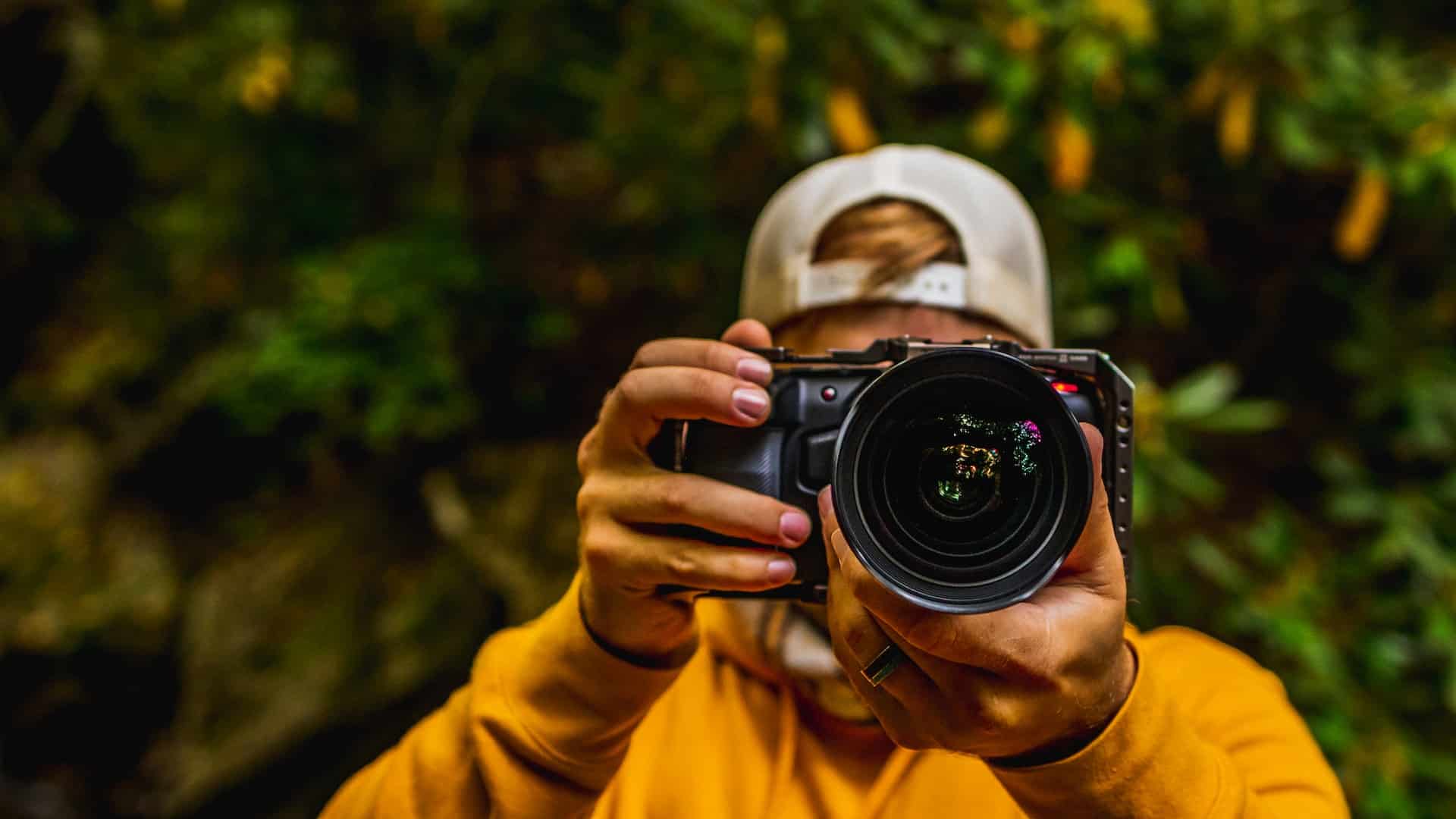
08 Oct New Law Limits Recording Police in Arizona
In the last few years, many have considered it a smart idea to record encounters with the police. With claims of excessive force sprouting up all over the country, recording interactions with police might very well provide evidence for a case. However, Arizona’s governor has just signed a new law that makes it illegal to record the police in certain circumstances. This law comes at an interesting time when there has been a great deal of tension between the police and the public.
When Can I Record the Police in Arizona?
The new law, which went into effect on September 24th, 2022, limits your ability to record the police. This law does not give police the right to demand that you delete a recording, however, they do have the right to ask for a copy of your video.
There are a few new rules to follow when recording the police in Arizona. These rules apply to both public and private property.
-
- You must be more than 8 feet away from any officer
- If you are interfering with an arrest, you can be ordered to stop recording
- If the situation is considered unsafe, you can be ordered to stop recording
If you are recording a video of the police, it is considered good practice to stay out of their way but record openly. The goal of recording the police is to provide a record of the encounter, not to become a part of it.
While it may not seem like this law infringes on that goal, the broadness of the wording worries some experts. Their fear is that law enforcement officials might claim you are in an unsafe environment or that you are interfering with an arrest in order to stop a legal recording from taking place.
Recording Police Misconduct May De-Escalate Situations
Police misconduct is a serious offense in Arizona. Misconduct can range from false imprisonment to coercing a confession, unwarranted searches, or excessive force. Phoenix, specifically, has a high rate of claims from the public regarding the police use of excessive force.
It has been noted that recording law enforcement while they work can provide evidence for a court case if the police overreact, or even de-escalate a tense situation. The vast majority of people tend to measure their actions when they know they are being watched, police officers included.
Recording your interactions with the police can be a way to protect yourself. However, with this new law, police can demand that you stop recording. Just remember—if you are far away, recording openly, and in a safe area, you are within your rights to record. If asked to stop, it is best only to ask if there is a different location they would prefer you to record from and move over there.
Criminal Defense Attorney in Arizona
With new laws around recording the police, it can become confusing if in an altercation. Is it legal to record the police? How can I protect myself if they demand that I stop recording? Interactions with police can be unsettling, but knowing your rights brings you one step closer to feeling safe. If you have concerns about a recent encounter with the police in Arizona, contact the offices of Todd Coolidge. With over 25 years of experience in criminal defense, we can provide the best legal advice surrounding your rights.
Images used under creative commons license – commercial use (10/8/22). Photo by Cody Scott Milewski on Unsplash.




